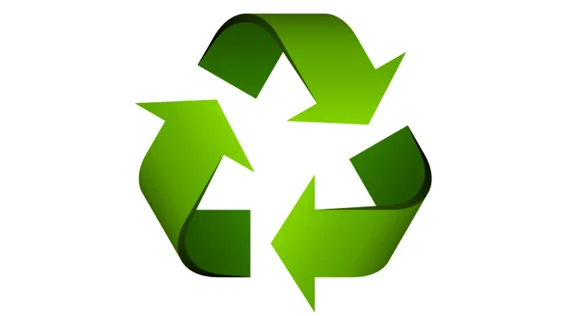
BRISTOL (Scrap Monster): The Rhode Island House Environment and Natural Resources Committee has recommended that House Bill 7896 be held for further study. The decision follows the public hearing on the bill on March 24th. The bill that establishes producer responsibility program for printed paper and packaging was introduced by Rep. Chris Blazejewski and sponsored by Reps. Arthur Handy, Joseph Solomon, Lauren Carson and Kathleen Fogarty.
The bill, first introduced on March 9th, 2016, aims to minimize greenhouse gas emissions resulting from resource recovery activities and waste reduction activities. It also proposes various measures to minimize generation of waste from products and packaging and increase the reusability, durability and recyclability of products and packaging. The bill calls for reduction of hazardous and toxic substances in products and packaging and promotion of resource recovery and waste reduction activities.
Meantime, Upstream-a nonprofit environmental organization has extended full support to the bill prior to hearing. It noted that legislative backing of EPR programs for paint, mattresses, mercury thermostats, mercury auto switches and electronic waste in the past decade have proved to create new management systems without increasing program costs for municipalities. The bill will enable local governments to fund their recycling collection programs through programs that implement extender producer responsibility law, rather than making the payments from taxpayer dollars.
According to Upstream, EPR programs are the cornerstones of circular economy. A large number of developed and developing countries have successfully implemented extended producer responsibility programs for wide variety of materials. Global companies including Unilever, Coca-Cola, Apple and GE have been part of such programs. The model makes it necessary for producers to partner with local governments towards reducing waste, reusing and recycling of materials.
| Copper Scrap View All | |
| Alternator | 0.32 (0) |
| #1 Copper Bare Bright | 3.76 (-0.01) |
| Aluminum Scrap View All | |
| 356 Aluminum Wheels (Clean) | 0.73 (0) |
| 6061 Extrusions | 0.64 (0) |
| Steel Scrap View All | |
| #1 Bundle | 460.00 (-15) |
| #1 Busheling | 480.00 (-15) |
| Electronics Scrap View All | |